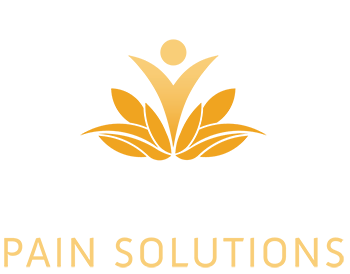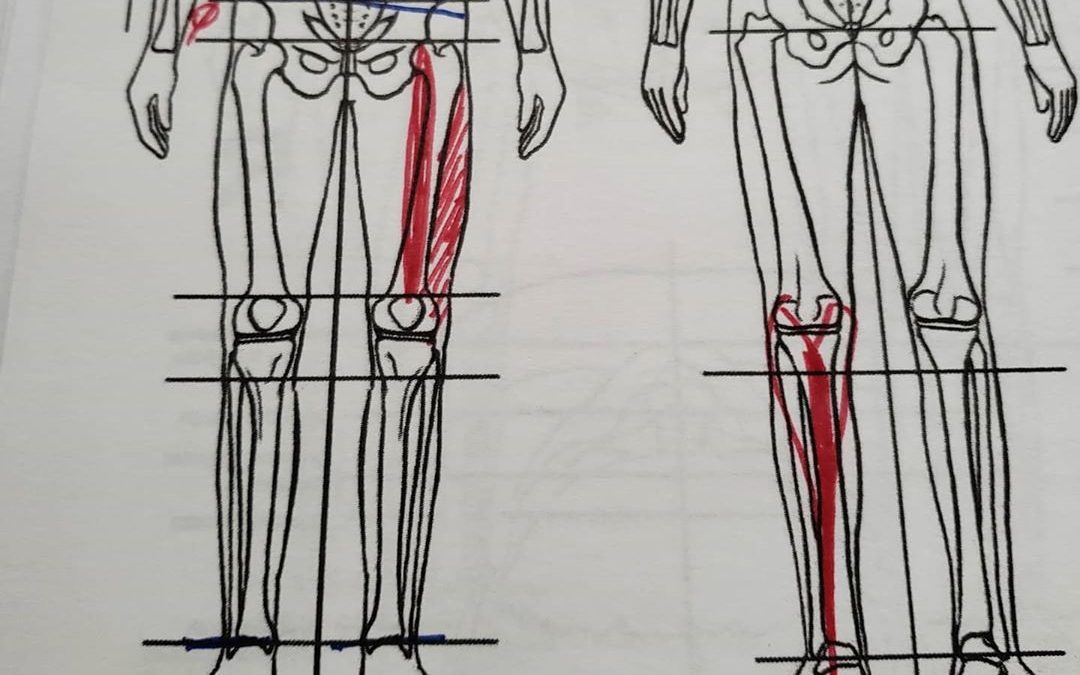By Dan Vidal
A client came in the other day complaining of pain in her left hip, as well as tightness down the side of her thigh and up into her low back. She’s been dealing with this pain for years now, and has seen several specialists, none of whom were able to help.
Neurosomatic postural assessment revealed that her hips were rotated to the left, as were her torso, shoulders, and cranial bones. This corresponded to what she had been feeling – that her whole body up through her neck and jaw were being pulled back and to the left.
During the assessment, I also noticed that she had relatively high arches (particularly in her left foot). The feet are our primary point of contact with the ground, and therefore are crucial in gathering sensory information that helps your nervous system to properly organize the rest of your body for efficient movement.
Everything begins with the feet. If they arent moving and reacting well, the rest of the body won’t either.
I instructed her to practice collapsing the arches of her feet by rolling her bodyweight from the outside of her heels to the inside (inversion and eversion). She had trouble doing this, indicating to me that there wasn’t a whole lot of mobility in the bones of her feet.
I started by treating the plantar fascia and muscles of the plantar surface (underside) of both feet, focusing most of my time on the left foot. A little muscle called quadtratus plantae was particularly tight, especially on the left.
Once these muscles were released and her feet mobilized, I had her stand up to see if there were any changes. Not only did she have an easier time transitioning between inversion and eversion of the heel, but her hip rotation was completely gone. Better still, her hip pain and back tightness were completely gone as well!
While she will need to put in much more work in order to continue her progress and stay out of pain, this just goes to show how addressing something that doesn’t seem to be related to the problem at hand can be a crucial piece of the puzzle.
If you are suffering from similar symptoms and wondering if Neurosomatic Therapy can help, dm us or hit the “Book Now” button to schedule your Free 20 min Zoom consultation!

